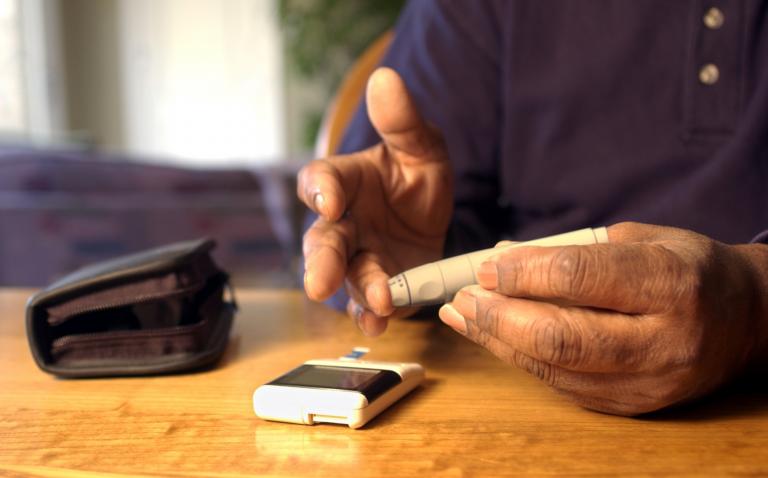Diabetes researchers have found that overnight blood sugar can be controlled in children with Type 1 diabetes by using an insulin pump with a sensor to measure glucose levels.
The “artificial pancreas” developed by the scientists calculates the right amount of insulin to deliver based on real-time glucose readings from the body, comparing it with the regular pump’s performance.
Blood glucose levels were held in the normal range for 60% of the time, compared with 40% for the regular pump. The time that blood glucose levels fell below 3.9mmol/l – the level considered as mild hypoglycaemia – was also halved, and blood glucose fell below the 3.0mmol/l level – defined as significant hypoglycaemia – compared with nine hypos in the control groups.
The Cambridge researchers hope the work will help to significantly cut the risk of overnight hypoglycaemia among youngsters. A total of 17 children and teenagers with Type 1 diabetes took part in the study, detailed in medical journal The Lancet. They normally used a regular continuous insulin pump overnight.
Study leader Dr Roman Hovorka said: “Our results show that commercially-available devices, when coupled with the algorithm we developed, can improve glucose control in children and significantly reduce the risk of hypos overnight.”
Copyright Press Association 2010
Department of Health










